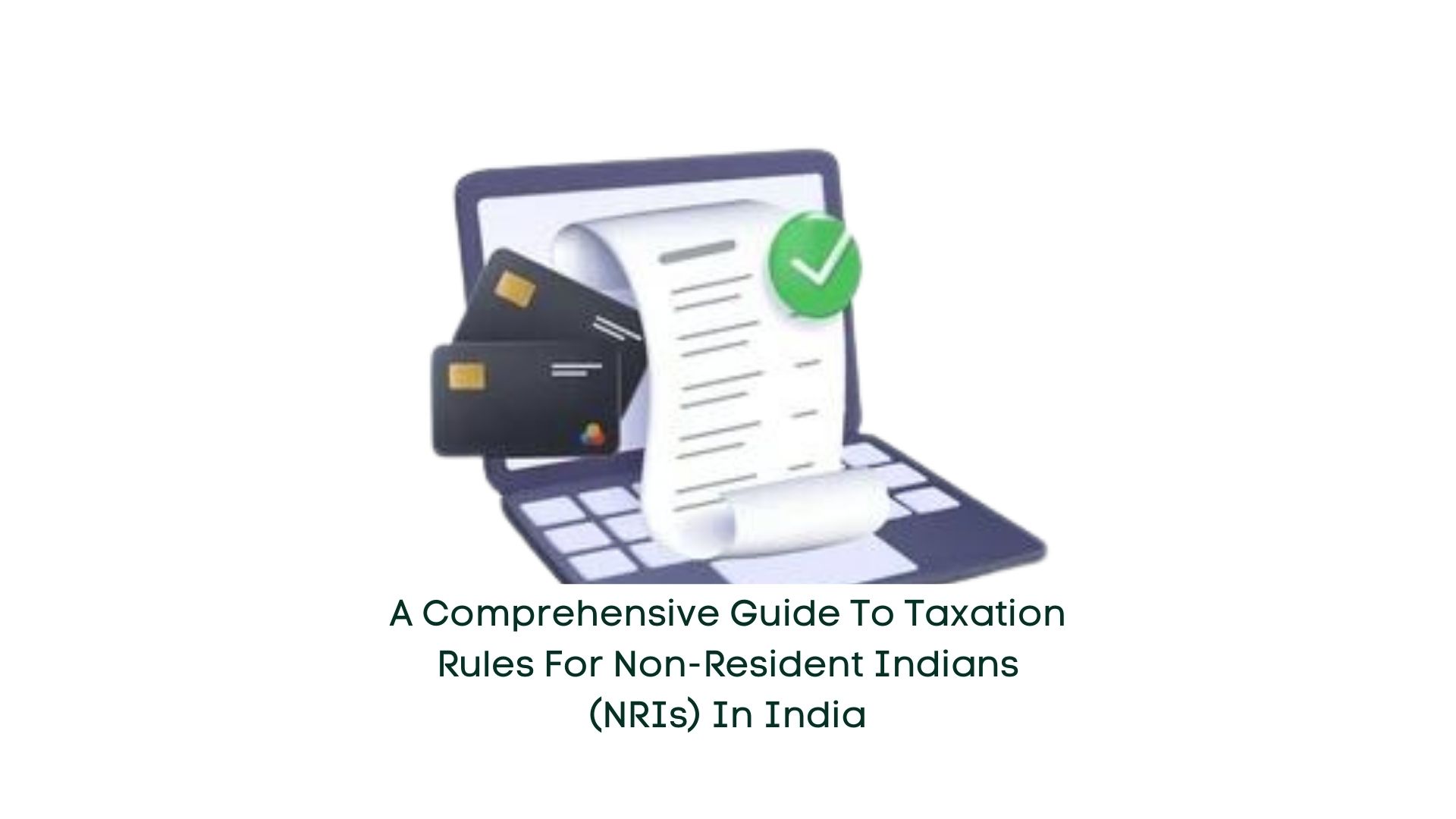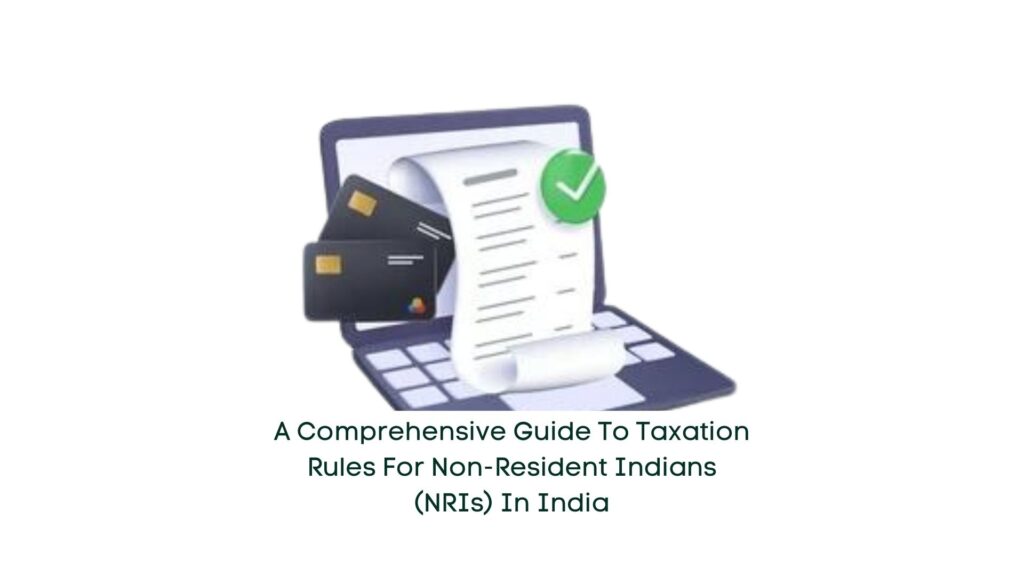
27 Feb A Comprehensive Guide to Taxation Rules for Non-Resident Indians (NRIs) in India

Navigating the intricate landscape of taxation laws for Non-Resident Indians (NRIs) in India is essential for individuals with ties to the country but residing abroad. Recent amendments to tax regulations, have brought about significant changes in how NRI tax liabilities are determined. This comprehensive guide aims to shed light on the nuances of NRI taxation, covering aspects such as income tax filing obligations, residential status determination criteria, taxable income sources, applicable tax slabs, available deductions, and the provisions of the Double Taxation Avoidance Agreement (DTAA). By understanding these critical aspects, NRIs can ensure compliance with tax laws, optimize their financial strategies, and make informed decisions regarding their Indian assets and income.
Income Tax Return Filing for NRIs
NRIs are mandated to file income tax returns in India if their income exceeds Rs. 2,50,000, with provisions for advance tax payment if the tax liability exceeds Rs. 10,000 in a financial year.
Determining NRI Residential Status
Residential status determination for NRIs follows specific guidelines outlined in the Foreign Exchange Management Act and the Income Tax Act. Factors such as duration of stay in India and ancestry influence residential status classification.
Taxability of Income Earned in India
Income tax liabilities for NRIs depend on their residential status. While residents are taxed on global income, NRIs are taxed only on income generated or accrued in India. Various sources of taxable income for NRIs include salaries for services rendered in India, rental income from Indian properties, capital gains, and interest from certain accounts.
Tax Slabs for NRIs
The applicable income tax slabs for NRIs differ based on their income levels, with varying rates and surcharges for different income brackets.
Taxation of Specific Income Sources
Salary income earned for services provided in India, rental income from Indian properties, capital gains from securities or property transactions, and interest income from different accounts are subject to taxation as per Indian tax laws.
Deductions and Exemptions
NRIs can claim deductions under various sections of the Income Tax Act, such as Section 80C for investments, Section 80D for health insurance premiums, Section 80E for education loan interest, and others. However, certain deductions, such as those for specific investments, are not available to NRIs.
Double Taxation Avoidance Agreement (DTAA)
India has signed DTAA with numerous countries to prevent double taxation for NRIs. Relief under DTAA can be claimed through exemption or tax credit methods, depending on the provisions of the agreement.
Recent Amendments and Conclusion
Recent changes in taxation rules, particularly the reduction in the threshold for determining NRI residential status and relaxation in global NRI criteria, necessitate careful consideration for tax planning by NRIs. Seeking expert advice for tax filing is advisable to ensure compliance and maximize benefits under the tax laws. Understanding the nuances of NRI taxation is essential for effective financial management and tax optimization.


No Comments